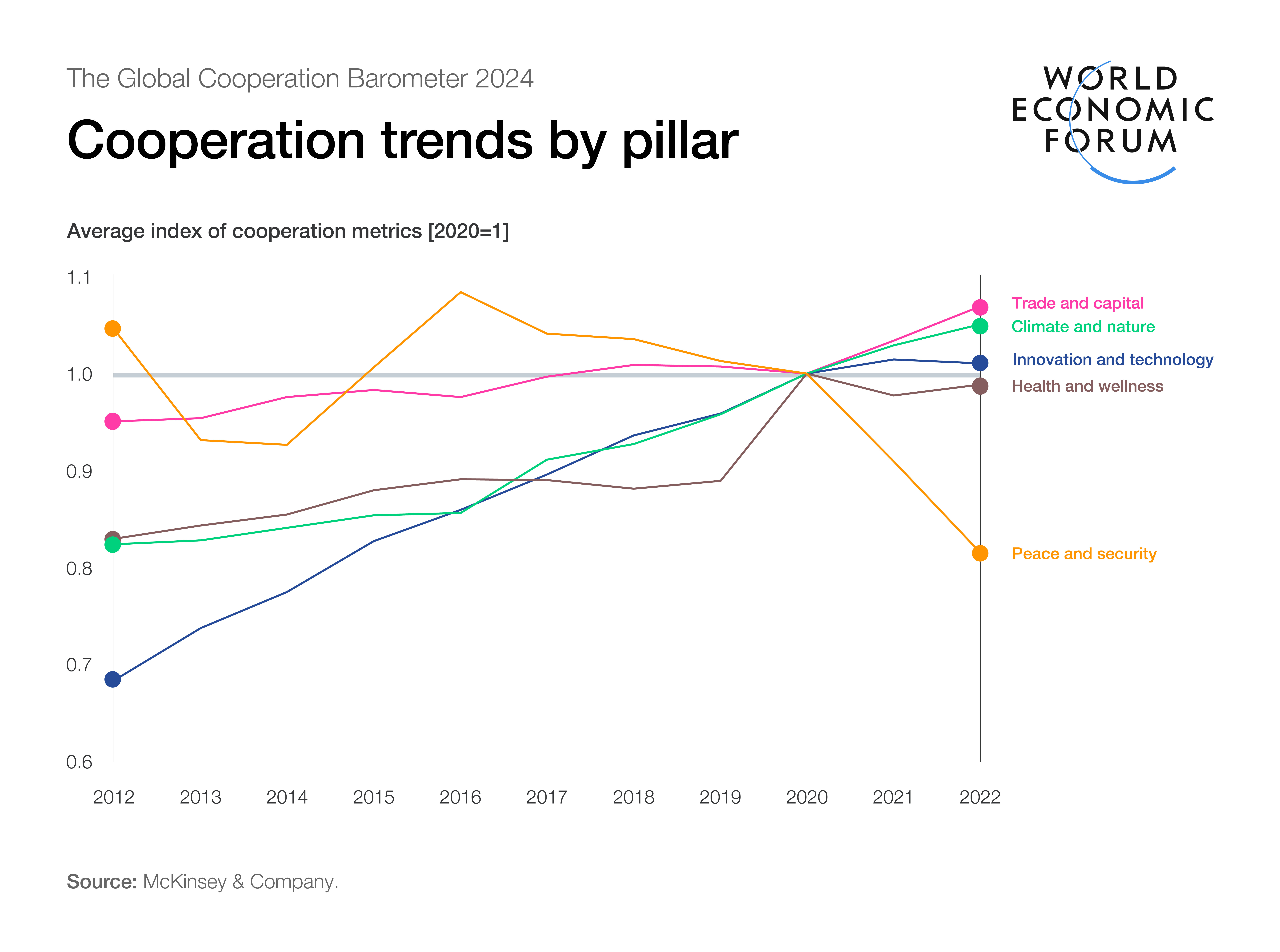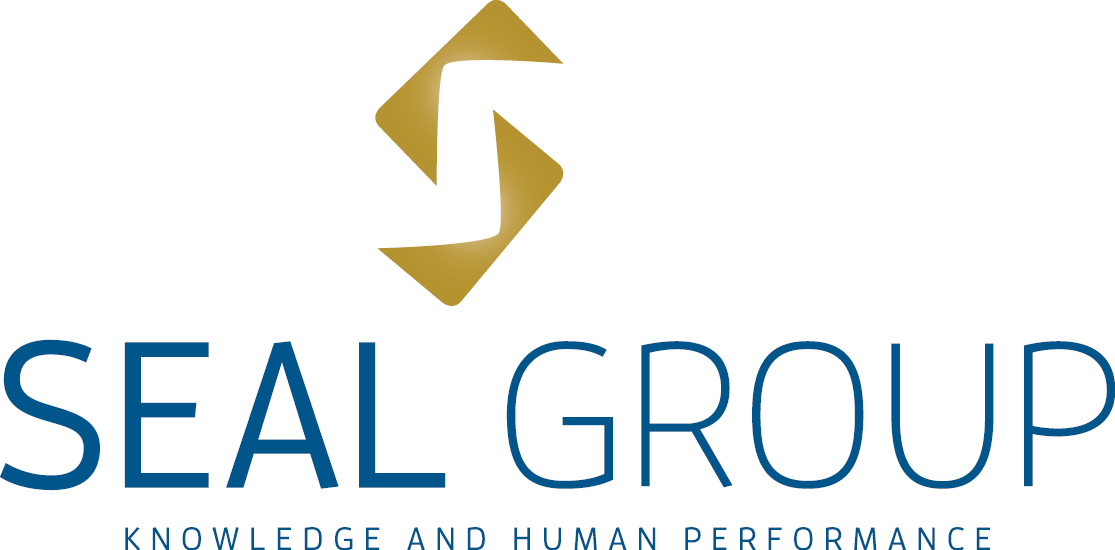Global leadership: the lessons of Davos 2024
The annual meeting of the World Economic Forum in Davos brought together leaders from around the world to discuss and outline strategies that will shape the future of countries and organizations in a highly evolving global context. With a wide range of topics covered, from international co-operation to climate urgency, Davos 2024 offered vital insights for companies and leaders looking for guidance in an increasingly complex business landscape, where results are affected by the connection between performance and people.

image: World Economic Forum
Global Cooperation and Security
At Davos 2024 the theme of global cooperation emerged as a key priority for the world in general and companies in particular. As a result of growing geopolitical divisions, business leaders have been driven to seek strategic partnerships that transcend borders and cultures. Cooperation not only strengthens business resilience in the face of challenges such as climate change and security crises, but also opens doors to opportunities for innovation and growth in international markets. For business leaders, this means adopting a collaborative mindset and actively forging alliances that promote global stability and progress.

New Economic Growth Models
The theme of economic uncertainty has been a constant in recent years, and the discussion at Davos 2024 was no exception. However, rather than resigning themselves to pessimism, leaders were challenged to reimagine economic growth in a more equitable and sustainable way. This has involved adopting business models that prioritize not only profit, but also positive social and environmental impact. Visionary companies are leading the way by integrating sustainable business practices throughout their entire value chain, from production to distribution. For business leaders, this means recognising the importance of economic growth that promotes prosperity not just for shareholders, but for all stakeholders, including employees, communities and the planet.
Artificial Intelligence and Innovation
Artificial intelligence (AI) continues to be a disruptive force in the world and in business, offering exciting opportunities for innovation and the efficiency of processes and people. However, accompanying these opportunities come significant challenges, including ethical concerns and government issues. At Davos 2024, business leaders were encouraged to embrace AI responsibly, ensuring that its use benefits society as a whole. This involves not only investing in advanced AI technologies, but also ensuring that ethical values and the principles of transparency and accountability guide the development and implementation of these technologies. For business leaders, this means taking a proactive approach to AI, empowering teams with the necessary skills to make the most of the opportunities it offers, while mitigating its potential risks.
Climate Urgency and Corporate Responsibility
The climate crisis is one of the most urgent and pressing challenges facing humanity and Davos 2024 emphasized the importance of immediate and decisive action on the part of companies. The leaders present were urged to recognise not only the risks, but also the opportunities associated with the transition to a low-carbon economy. This involves adopting sustainable business practices that reduce carbon emissions, promote energy efficiency and preserve natural resources. In addition, companies were challenged to take the lead in defending ambitious climate policies and to collaborate with other stakeholders to drive innovation and collective action. For managers, this means embracing corporate responsibility and integrating environmental considerations into all areas of operations, from the supply chain to waste management practices.

image: McKinsey
People, performance and results
Naturally, team performance and the results achieved are fundamental for any company. We can say that the “crossover” between performance and people can bring enormous advantages in today’s global context. By embracing global cooperation, adopting sustainable economic growth models, driving responsible innovation and taking the lead in the fight against the climate crisis, companies can not only thrive in an increasingly complex business environment, but also contribute to a fairer, more equitable and sustainable world for future generations. This is a time for visionary leadership and decisive action, when companies strive to shape a better future for all, where performance and people are also part of the equation.
Article by Sérgio Almeida, in partnership with the diary Vida Económica




